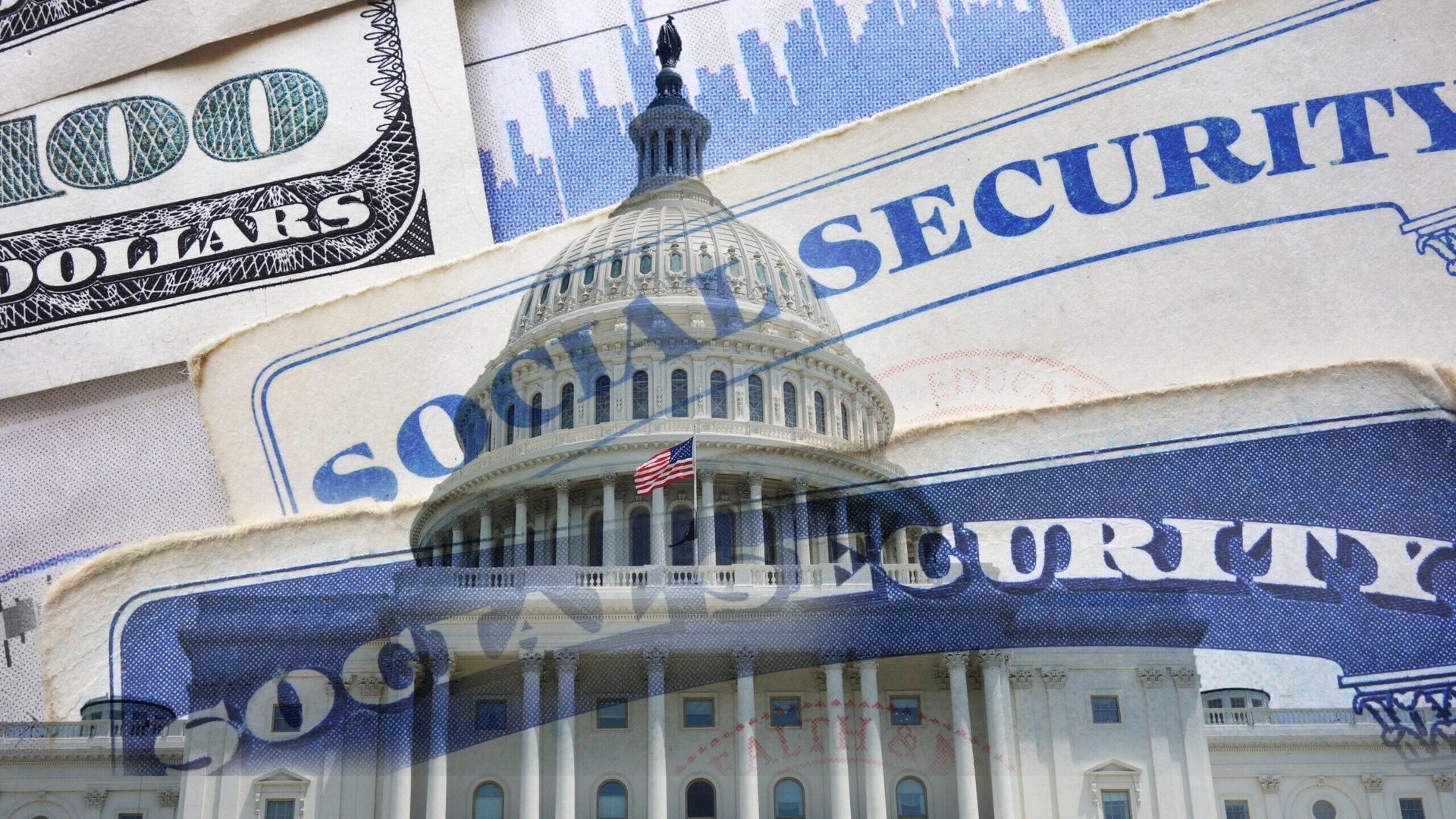An Update on 2023 WEP/GPO Legislation
Legislation & Governance

Photo credit: zimmytws/Getty Images
June 6, 2023
Editor’s note: This article has been updated to include details on new bills that have been introduced since it was originally published.
As the 118th session of Congress continues, lawmakers in both chambers have introduced bills to address two provisions of federal law that can reduce Social Security payments to retirees who receive a pension like Colorado PERA.
The Windfall Elimination Provision (WEP) and Government Pension Offset (GPO) both affect Social Security benefits, but in slightly different ways. The WEP can reduce Social Security benefit payments to retirees who receive a pension based on work during which they did not contribute to Social Security (though it does not apply to workers with 30 or more years of substantial SS earnings). The GPO reduces Social Security dependent benefit payments to spouses, widows, and widowers who receive a government pension.
It’s important to note that a person’s PERA benefit is never reduced due to Social Security or other benefits. Read more about PERA and Social Security.
Did you know?
The PERA Defined Benefit Plan predates and serves as a replacement for Social Security in Colorado, so PERA members do not pay Social Security taxes like most private-sector workers. Because Social Security pays a larger benefit to lower-income workers, the years during which a worker didn’t contribute to Social Security can lead to the worker earning a higher benefit than they would otherwise be entitled to. The WEP and GPO were enacted to counteract that effect.
In January, members of the House of Representatives reintroduced H.R. 82, the Social Security Fairness Act, which would fully repeal both the WEP and GPO. The bill gained wide bipartisan support in 2022 but never made it to a floor vote.
The reintroduced bill has since gained the support of more than 250 members of the House of Representatives, including five from Colorado: Reps. Diana DeGette (D-CO-1), Joe Neguse (D-CO-2), Jason Crow (D-CO-6), Brittany Pettersen (D-CO-7), and Yadira Caraveo (D-CO-8).
Since we last covered this issue, lawmakers in Congress have introduced additional bills that aim to either repeal or modify WEP and/or GPO.
Sen. Sherrod Brown (D-OH) introduced S. 597, the Senate’s version of the Social Security Fairness Act, in March. Like the House version of the bill, S. 597 aims to fully repeal both the WEP and GPO. Sens. John Hickenlooper (D) and Michael Bennet (D) have both signed on as cosponsors.
In addition to the repeal bills, other bills propose changing the WEP formula to lessen its impact on public workers.
In June, Rep. Richard Neal (D-MA-1) introduced H.R. 4260, the Public Servants Protection and Fairness Act. Under that bill, retirees would receive a Social Security benefit based on whichever formula provides the higher amount—the current WEP formula or the new proportional formula.
In September, Rep. Jodey Arrington (R-TX-19) introduced H.R. 5342, the Equal Treatment of Public Servants Act. Like Rep. Neal’s bill, H.R. 5342 proposes an updated WEP formula to calculate retirees’ Social Security benefits, but only the new formula would apply to those who become eligible for benefits in 2068 or later.
As in previous years, these bills face a tough road ahead. Lawmakers have introduced bills to modify or repeal the WEP and GPO every session in recent years, but the efforts never make it very far in the legislative process despite gaining many cosponsors from both parties. Lawmakers usually cite the cost associated with the bills — with Social Security facing insolvency in about a decade, many consider it a tough sell at the moment, but expect it will stand a greater chance of success if included as part of broader reforms to the program which Congress may need to consider in the next few years.
PERA On The Issues will continue to track these bills and other Social Security-related legislation and provide updates when available.
Remember to subscribe to our biweekly newsletter to stay in the know.
FILE UNDER
Related Posts
Subscribe to PERA On The Issues
Stay informed by subscribing to our newsletter. Youʹll receive one email every two weeks that contains a summary of all the latest news.

